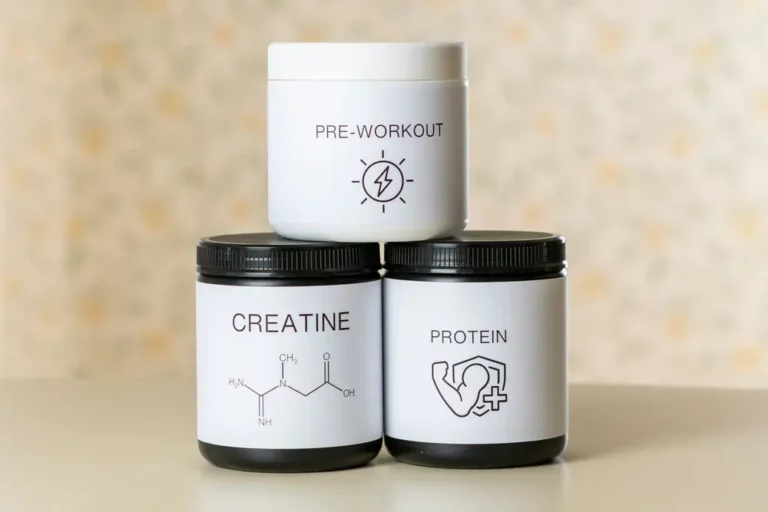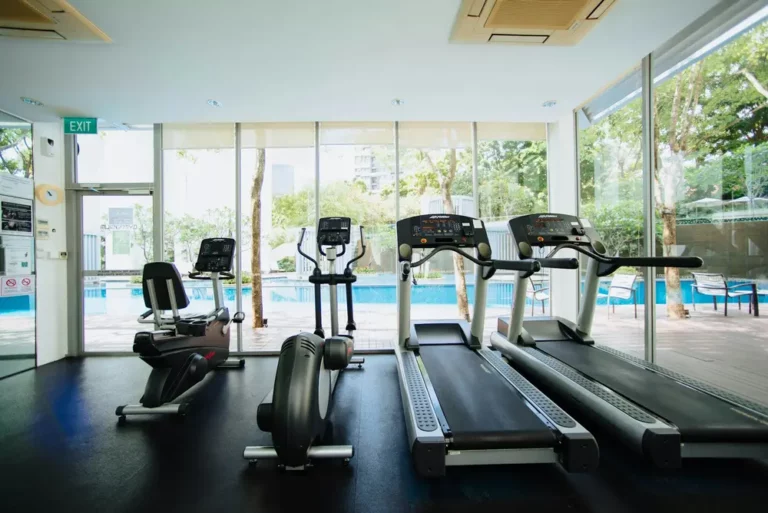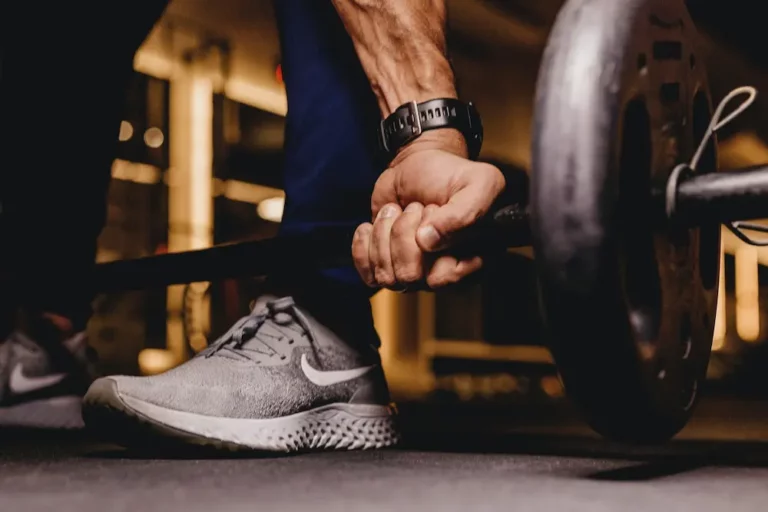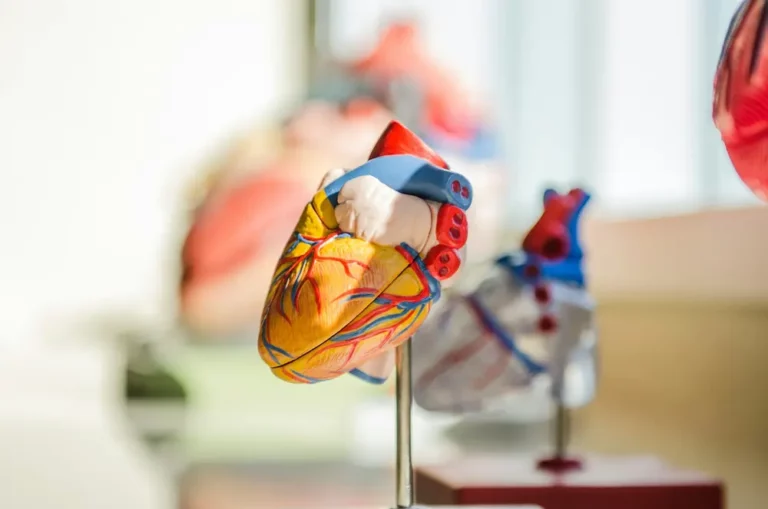Does Creatine Make You Thirsty? Understanding Dehydration Risks
If you’ve dipped your toes into the world of fitness supplements, you’ve likely heard about creatine. It’s one of those buzzwords that gets thrown around gyms and workout forums, praised for its muscle-building benefits. But amidst the chatter, a common question pops up: does creatine make you thirsty? It’s a query that’s sparked more than a few debates among fitness enthusiasts.
From my experience, the topic of creatine and its side effects, like making you feel parched, is one that’s met with a mix of curiosity and concern. After all, staying hydrated is key to a good workout, and no one wants to feel like they’re trekking through a desert mid-lift. So, let’s dive into what the science says about creatine and hydration, and whether you’ll need to keep an extra water bottle handy.
Understanding Creatine and Hydration
When I first started diving into the world of fitness supplements, creatine was a term that popped up frequently. It’s renowned for its benefits but also comes with a load of questions, particularly regarding hydration. Let’s break down what I’ve learned about how creatine interacts with hydration, and why this makes understanding water intake so crucial when you’re supplementing with it.
The Role of Creatine in the Body and Its Hydrophilic Nature
Creatine plays a pivotal role in my energy system, especially during high-intensity workouts. It’s stored in the muscles and used for quick bursts of energy, which is perfect for those heavy lifting days or sprint intervals. But here’s where things get interesting: creatine is hydrophilic. This means it loves water and tends to draw water into my muscles. Initially, I was fascinated by how this process not only affects muscle volume—which is a plus for anyone looking to increase their size—but also emphasizes the importance of staying well-hydrated to support the process. The more creatine stored in my muscles, the more water they’ll draw in, and consequently, the more hydrated I need to be to keep things balanced.
Creatine’s Impact on Exercise Intensity and Duration
Onto how this impacts my workouts. With creatine bolstering the energy available for high-intensity exercise, I’ve personally noticed an increase in both the intensity and duration of my workouts. This is a game changer, as it means I can push harder for longer, leading to better gains and improvement in my performance. But here’s the catch: increased workout intensity and duration naturally lead to more sweating. As we all know, sweating is one of the body’s primary methods of losing fluid—making me thirstier as a result.
This enhanced workout performance, thanks to creatine, is a double-edged sword. On one side, it’s fantastic for improving my strength and stamina; on the other, it demands a higher intake of fluids to combat the increased fluid loss from sweating. Ignoring this could easily lead me down the path of dehydration, which would not only negate the benefits of the supplement but could also be dangerous. Many people have asked me does creatine dehydrate you and does it really make you feel thirsty all the time, so I decided to do a deep dive on it.
What I’ve learned is that while creatine can significantly boost my performance, it also requires a conscious effort on my part to keep my hydration levels in check. Drinking ample fluids before, during, and after my workouts has become non-negotiable, ensuring I stay healthy and reap the full benefits of creatine supplementation.
Reasons Behind Increased Thirst with Creatine Use
As I’ve delved deeper into the world of fitness and supplementation, I’ve noticed a recurring question: does creatine make you thirsty? To tackle this, let me explore a few reasons behind the increased thirst many of us experience with creatine use.
Enhanced Exercise Intensity Leading to Greater Fluid Loss
First up, it’s widely acknowledged that creatine supplementation boosts our ability to perform high-intensity workouts. By saturating muscles with creatine, we’re able to increase our energy levels significantly. This, in turn, allows for higher workout intensity and prolongs the duration before fatigue sets in. However, an intense workout session also leads to increased sweating, a natural response of the body to cool down. The process of sweating more means we’re losing more fluids than usual, hence the heightened sense of thirst post-workout. It’s a straightforward equation: more energy and stamina lead to more sweating and fluid loss, which then triggers the body’s natural response to seek more water.
Creatine’s Hydrophilic Properties and Water Attraction in Muscles
Another crucial aspect to consider is creatine’s hydrophilic nature. By design, creatine attracts water into our muscle cells. When I first started taking creatine, I noticed an immediate increase in muscle size, a direct result of this water attraction. This water retention in the muscles can lead to a slight decrease in the available fluid for the rest of the body, potentially triggering signals of dehydration. Essentially, while your muscles are soaking up all that extra water, the rest of your body might start feeling the need to replenish, hence the increased thirst.
Psychological Factors and the Placebo Effect on Thirst Perception
I can’t overlook the psychological aspects and the possibility of a placebo effect playing a role in the perception of thirst. It’s common knowledge among fitness enthusiasts that staying hydrated is crucial when supplementing with creatine. This awareness, combined with the anticipation of potential dehydration, might make us more attuned to our body’s hydration needs. Sometimes, just the thought of needing more water can make us feel thirstier than usual. I’ve experienced days when, after reading up on the importance of hydration with creatine, I found myself reaching for my water bottle more frequently.
In exploring these reasons, it’s clear that the relationship between creatine use and increased thirst isn’t based on a single factor. Whether it’s the physiological response to enhanced workouts, the hydrophilic nature of creatine, or even the psychological awareness of needing more water, each plays a significant role in why we might feel more thirsty when taking this popular supplement.
How to Monitor and Manage Hydration When Taking Creatine
When I first started taking creatine, I quickly learned that hydration plays a crucial role in maximizing the benefits and minimizing potential side effects. Creatine increases water retention in muscle cells, creating a greater demand for fluid intake to maintain overall hydration balance. This process not only contributes to muscle growth and performance but also ensures that the body functions optimally. Without sufficient water, you might not experience the full energy-boosting effects of creatine, and worse, you could end up feeling dehydrated.
To stay properly hydrated, I make it a point to drink water consistently throughout the day. It’s not just about chugging a gallon of water all at once but spreading out my intake to keep my body evenly hydrated. I’ve found that keeping a water bottle handy at all times encourages me to drink more water, especially during workouts.
Guidelines for Water Consumption Based on Body Weight and Activity Level
Determining how much water to drink while on creatine isn’t a one-size-fits-all matter. It largely depends on your body weight and how active you are. Here’s a simple guideline I follow:
- For sedentary individuals: Aim for at least 15.5 cups (3.7 liters) for men and 11.5 cups (2.7 liters) for women per day.
- For active individuals or athletes: Increase intake by 1.5 to 2.5 cups (400 to 600 milliliters) of water for every hour of intense exercise.
This might sound like a lot, but remember, your muscles are soaking up more water than usual. Plus, if you’re sweating out a storm during workouts, replenishing lost fluids becomes even more critical.
Recognizing Dehydration Symptoms and Adjusting Fluid Intake Accordingly
Staying observant of how my body responds has been key in managing hydration. Dehydration symptoms can creep up subtly, including:
- Dry mouth and thirst
- Fatigue or dizziness
- Dark-colored urine
- Reduced urine output
Whenever I notice any of these signs, I take them as cues to increase my water intake for the day. I’ve also found that setting hydration goals and tracking my intake with a mobile app helps significantly. Remember, by the time you’re feeling thirsty, you’re already on your way to dehydration. So don’t wait for the signals—keep sipping regularly!
Practical Tips for Staying Hydrated with Creatine
When incorporating creatine into your supplement regimen, staying adequately hydrated becomes more crucial than ever. Since creatine is known to draw water into muscle cells, ensuring that you’re drinking enough water not only maximizes creatine’s effectiveness but also maintains your body’s overall hydration balance. I’ve found a few practical strategies that work well for me and might help you too.
Mixing Creatine with Sufficient Water for Enhanced Absorption
One of the simplest yet most effective ways I’ve improved my creatine intake is by mixing it with enough water. It’s critical to dissolve the creatine powder thoroughly in water to enhance its absorption by the body. I typically aim for at least 8-12 ounces of water per 5 grams of creatine. This not only aids in correct supplement absorption but also contributes to my daily water intake, helping me stay well-hydrated throughout the day. Remember, consistency in water intake while on creatine supplementation ensures that the muscles remain sufficiently saturated, aiding in both performance and recovery.
Monitoring Urine Color as an Indicator of Hydration Status
Another tip that’s been a game-changer for me is keeping an eye on my urine color to gauge hydration levels. Urine color can serve as a simple yet effective hydration status indicator. Ideally, you’re looking for a light lemonade color. If your urine starts leaning towards a dark amber shade, it’s a strong signal that you need to increase your water intake. This method has helped me adjust my fluid consumption in real-time, ensuring I stay adequately hydrated while on creatine.
Adjusting Water Intake Based on Exercise Intensity and Environmental Conditions
Lastly, I’ve learned to dynamically adjust my water intake based on the day’s workout intensity and the prevailing weather conditions. On days when I engage in high-intensity training or if it’s particularly hot and humid, I significantly ramp up my water intake. It’s easy to underestimate how much fluid you lose through sweat, and when you’re using creatine, this can be even more pronounced. So, bumping up water consumption on these days helps counteract potential dehydration risks.
Additional Strategies to Prevent Dehydration
While we’ve touched on the basics of hydration and creatine supplementation, it’s clear that just drinking water might not be enough, especially for athletes or anyone engaging in rigorous physical activities. To combat dehydration effectively, there are a couple of strategies I’ve found incredibly helpful.
Incorporating Electrolyte-Rich Foods and Drinks
One method I’ve embraced is incorporating more electrolyte-rich foods and drinks into my daily routine. Electrolytes, including sodium, potassium, and magnesium, are essential for water retention and help maintain the body’s fluid balance. Here’s how you can ensure your diet supports your hydration needs:
- Increase your intake of fruits and vegetables like bananas, potatoes, avocados, and leafy greens. These are packed with essential electrolytes that aid in hydration.
- Hydrate with electrolyte-infused water or drinks. There are several options on the market, but I prefer those with lower sugar content. You can also make your own by adding a pinch of salt and a squeeze of lemon or lime to your water.
- Limit foods high in sugar as they can actually lead to increased urine output, counteracting your hydration efforts.
Avoiding Diuretics and Other Hydration-Impacting Substances
Another critical aspect of staying well-hydrated while on creatine (or in general) is being mindful of diuretics and substances that could impact your hydration status. Here are a few tips:
- Reduce your intake of caffeine and alcohol. Both of these substances have diuretic properties, which can increase the amount of water the body expels through urination. If you do consume them, make sure to increase your water intake.
- Be cautious with pre-workout supplements. Many contain caffeine or other compounds that can lead to increased fluid loss. Always check the label and be aware of what you’re ingesting.
- Monitor your use of certain medications and herbal supplements that may have diuretic effects. Consulting with a healthcare provider about their potential impact on your hydration status is a smart move.
By focusing on these strategies, I’ve managed to keep my hydration levels up, even while using creatine to boost my workout performance. It’s all about being proactive and making informed choices about what you put into your body.
Conclusion
So there you have it! While creatine can be a great addition to your fitness regimen, it’s crucial to listen to your body and recognize when it’s time to get professional advice. Remember, staying hydrated and informed about how supplements like creatine interact with your body ensures you’re taking care of your health while chasing those gains. Don’t hesitate to reach out to a healthcare provider if you’re experiencing signs of dehydration or have any concerns about your health conditions. Here’s to supplementing smartly and keeping those thirst cues in check!
FAQ – Frequently Asked Questions
What are the signs of dehydration from creatine?
Signs of dehydration from creatine include persistent dry mouth, fatigue, and dark-colored urine. If you experience these symptoms, it’s important to increase your fluid intake and consider seeking medical advice.
How does creatine affect chronic health conditions?
Individuals with chronic health conditions, particularly those affecting the kidneys or liver, should approach creatine supplementation with caution. It’s essential to consult with a healthcare professional to assess the risk and ensure the supplement won’t exacerbate existing health issues.
What is the significance of personalized advice when using creatine?
Personalized advice ensures that creatine supplementation is both safe and effective for your specific health situation. It helps to mitigate potential risks, especially for those with underlying health conditions, and maximizes the benefits of creatine by tailoring usage to individual needs.







